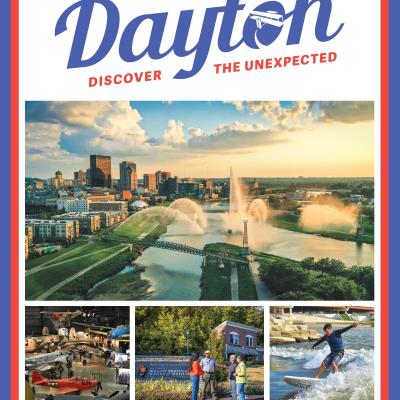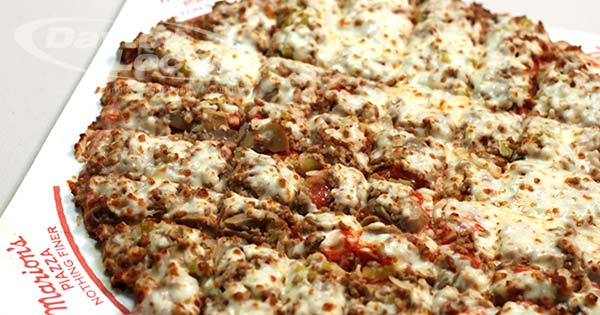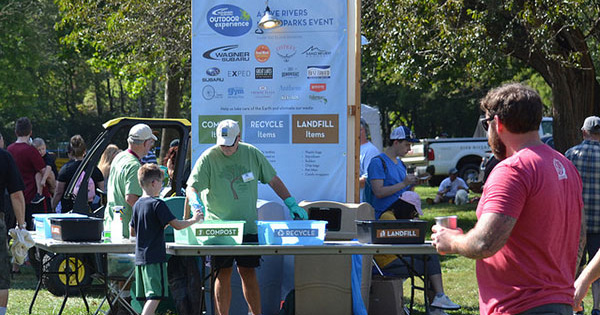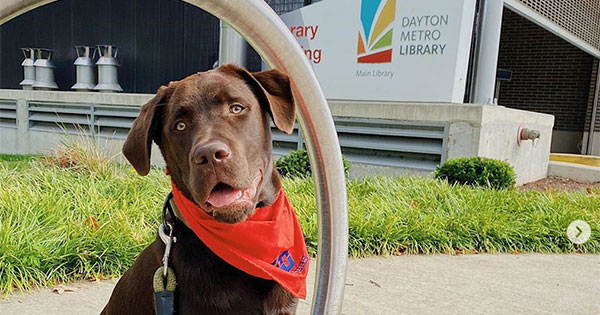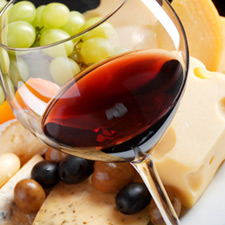
Don't just throw anything on a platter and grab a bottle randomly. Pairing wine with cheese can be just as rewarding as with any other food, and here's my guide to doing it.
Pairing Wine with Cheese
Cheese is the go-to nibble for lots of people when they are drinking wine; we pronounce "wine and cheese party" like it's one word! But if you want maximum enjoyment, don't just throw anything on a platter and grab a bottle randomly from your wine rack. Pairing with cheese can be just as rewarding as with any other food, and here's my guide to doing it.
Let's tackle Brie first. There are two major mistakes that people make with Brie. It's important to never serve this cheese cold - Brie needs time to warm up so that it gets soft, gooey, and fragrant. Cold Brie doesn't have much flavor, and it can have an unpleasant chalky texture as well. Second, you should avoid red wines with Brie - white wines, especially Sauvignon Blanc, pair much better with the milky, creamy, and slightly acidic flavor of a good Brie.
Similarly, Camembert, fresh Mozzarella balls, and most goat cheeses do best with whites as well. Look for Sauvignon Blanc, White Bordeaux, Chenin Blanc, or dry to off-dry Rieslings. However, fresh Mozzarella when combined in a salad with tomatoes should be paired with Chianti or a southern Italian red. Again, let those cheeses warm up for at least an hour to really bring out their flavors. Don't be squeamish about warm cheese - we invented the stuff when we didn't have refrigeration, after all!
Blue cheeses, especially Stilton, Roquefort, and the American blues like Maytag, are especial favorites of mine. These are big and aromatic, and do best with powerful reds like old vine Zinfandel, Grenache, or Cabernet and Cabernet blends. If you want a real treat, open a ruby Port with some blue. One of my favorite gourmet recipes is a poached pear salad with walnuts and blue cheese, served with a small glass of Port - it never fails to impress.
Nuggets of hard cheeses like Asiago, Manchego, Parmesan, and Pecorino Romano are great on a cheese platter because they don't need to be spread with a knife - just grab and eat. These cheeses are all higher in salt, and it's best to pair them with a rich, fruity red that doesn't have too much tannin (salt plus tannin can often create a metallic taste). Merlot, young Zinfandel, Rhone reds, easier-drinking styles of Shiraz, Rioja, and the northern Italian Dolcetto and Barbera are excellent choices. Notice how the nuttiness in the cheese brings out the silky feel and earthy notes in the wines. The same advice applies to Swiss styles like Gruyere.
Cheddar, even though it's ubiquitous, takes some care when pairing with wine. The longer the cheese has been aged, the softer the wine should be - it has to do with that salt issue mentioned above. A fruity California Cabernet will be a better choice than Bordeaux, but you may find that your tastes lead you to Merlot or Syrah, or even Port.
Gouda seems to have fallen out of favor recently, but I think it's an incredibly versatile cheese. Some people are partial to the smoked Goudas, but I prefer the creamy and clean unsmoked versions. Gouda makes an awesome grilled-cheese sandwich, by the way. Goudas are great with Pinot Noir or with a wide range of whites, including the sweeter Rieslings. If you have smoked Gouda on your platter, get a Pinot Noir with some smokiness, or try a South African Pinotage.
We'll wrap up with Munster. It's also a versatile, creamy cheese that works equally well with Chardonnay, Riesling, Pinot Noir, and Zinfandel. But the orange rind can sometimes clash with heavier wines, so be careful how you slice it so somebody doesn't end up with all rind and no center.
Please try out these pairing suggestions the next time you set up a cheese platter. Invite a half-dozen friends over for nibbles, offer a wine flight to pair with your cheeses, and make it a real event.
Cheers!



